Edições Impressas
10 de novembro de 2023
Biology for all – Level 3
Article published in Joca 215
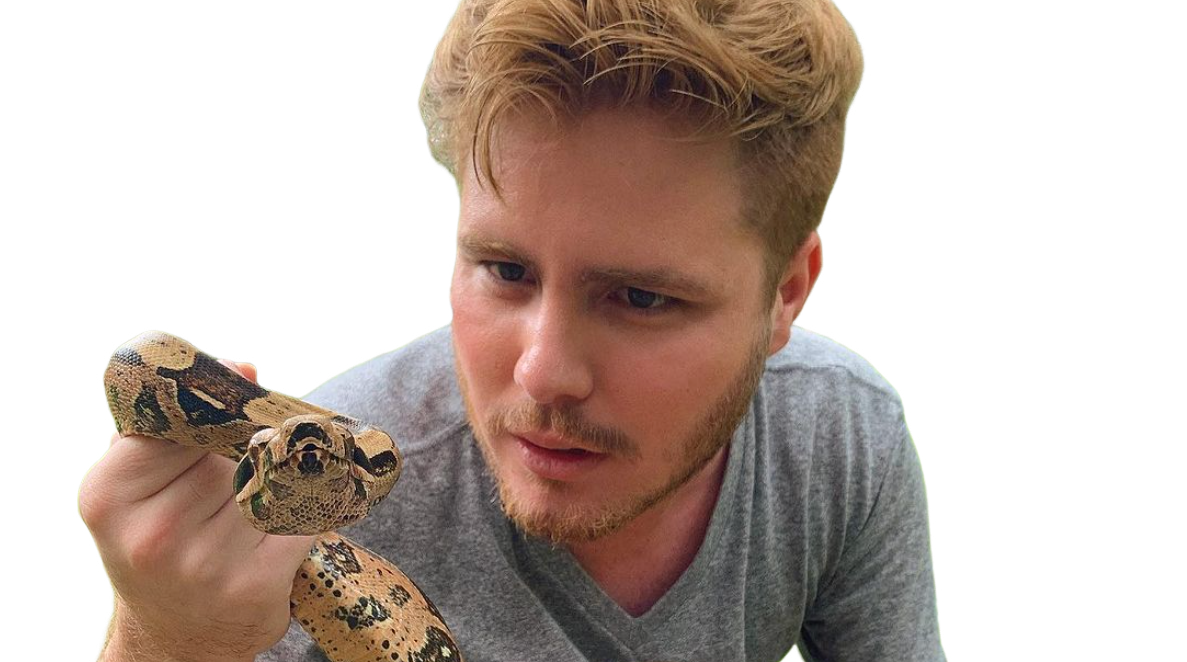
The desire to explain science in an uncomplicated way is what led biologist Carlos Stênio to create the Biologia Aplicada (Applied Biology) project, in which he uses pop culture and cartoons as references. As an example, he talks about botany through Alice in Wonderland, and about marine biology using references from Finding Nemo. Below, read the interview that 10- year-old reporter Clara A. conducted with the scientist.
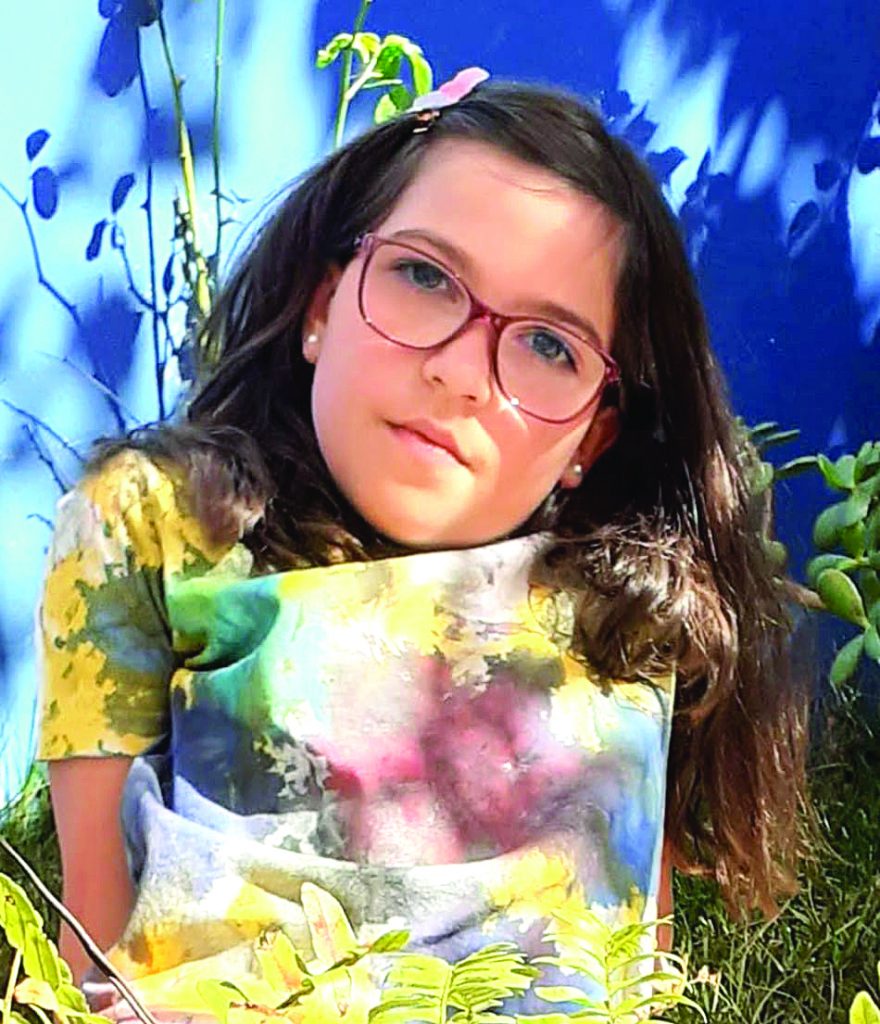
What made you decide to become a biologist? Did someone inspire you?
I decided to study biology because I really like animals. At first, I went into veterinary medicine. But then I met the creator of SpongeBob [Stephen Hillenburg] who was a marine biologist. Through him, I realized that I could be a biologist and work with things other than animals. I could create drawings, work with animated cartoons, something that I liked. SpongeBob’s creator launched a biology magazine called Sponge Boy. After about four years, they started producing the cartoon. I went into this world starting from there.
I saw in your TED Talk that animals are used as a way to offend people. Was there some time in your life that was relevant to this research?
In college, I used to joke a lot with my friends. We would say, “I’m stupid, I’m an ass (donkey),” jokingly. One day, a teacher scolded us. We started researching, reading scientific articles, and found out that donkeys are, in fact, super intelligent animals. And calling people “ass” is a really bad habit, language-wise.
In the same talk, I saw prejudice against some animals. Why is it that donkeys have a bad rep, but calling someone a cat (gato) is a compliment?
Some animals are “cute fauna” in biology, they are the cutest ones. There are animals that you look at and notice they are very beautiful. Unfortunately, we judge many animals by their appearance. For example, sharks are always villains in movies, whereas koalas, which are cuter, are heroes. So, this judgment is based on the appearance and the control that humans have over the animal. Cats, at some point, were considered important and intelligent, especially by ancient peoples.
Was there any particular reason why you used Pokémon and other pop culture icons to talk about biology?
I usually use pop culture to get children’s attention, because talking about science today is very difficult, not everyone takes an interest. Most people go on social media to look at random things. It’s your free time. Using pop culture was a way to draw children closer to science.
What do you most like about your profession today? What does it mean to you?
Today, what I most like is explaining science in a simple way. I am currently starting my Ph.D., and I explain science to scientists at the university. My advisor and my professors have been in the field for 30, 40 years. It’s really easy to explain things to them, because they are people who understand a lot more than I do. But explaining science in a broken-down, simpler way is what I love doing. Most of my videos are based on scientific articles that are up to 100 pages long. Translating that into a two-minute video using cartoons is what I love the most. I feel like I am transmitting science to people who are not in college and who do not necessariy come into contact with it every day.
What would you say to a child who dreams of being a biologist or scientist?
I would tell the child to pursue this dream. Today, the profession of scientist in Brazil is not as highly valued as it should be, but the change you can foster in this way is very fulfilling. It’s a profession that is worth going into for anyone who is willing to learn, teach, and question oneself. We are accustomed to the image of scientists who wear glasses and spend the entire day in the lab, but in fact, science is much broader than that. Today, a scientist might be a woman, a man, they might work in a lab, at home, in the heart of the Amazon, sailing on the Rio Negro [in the Amazon], in a zoo, at a hospital, they could work in various places. Knowing that you are part of something that is everywhere is highly motivating.
Ixi! Você bateu no paywall!
Ainda não é assinante? Assine agora e tenha acesso ilimitado ao conteúdo do Joca.

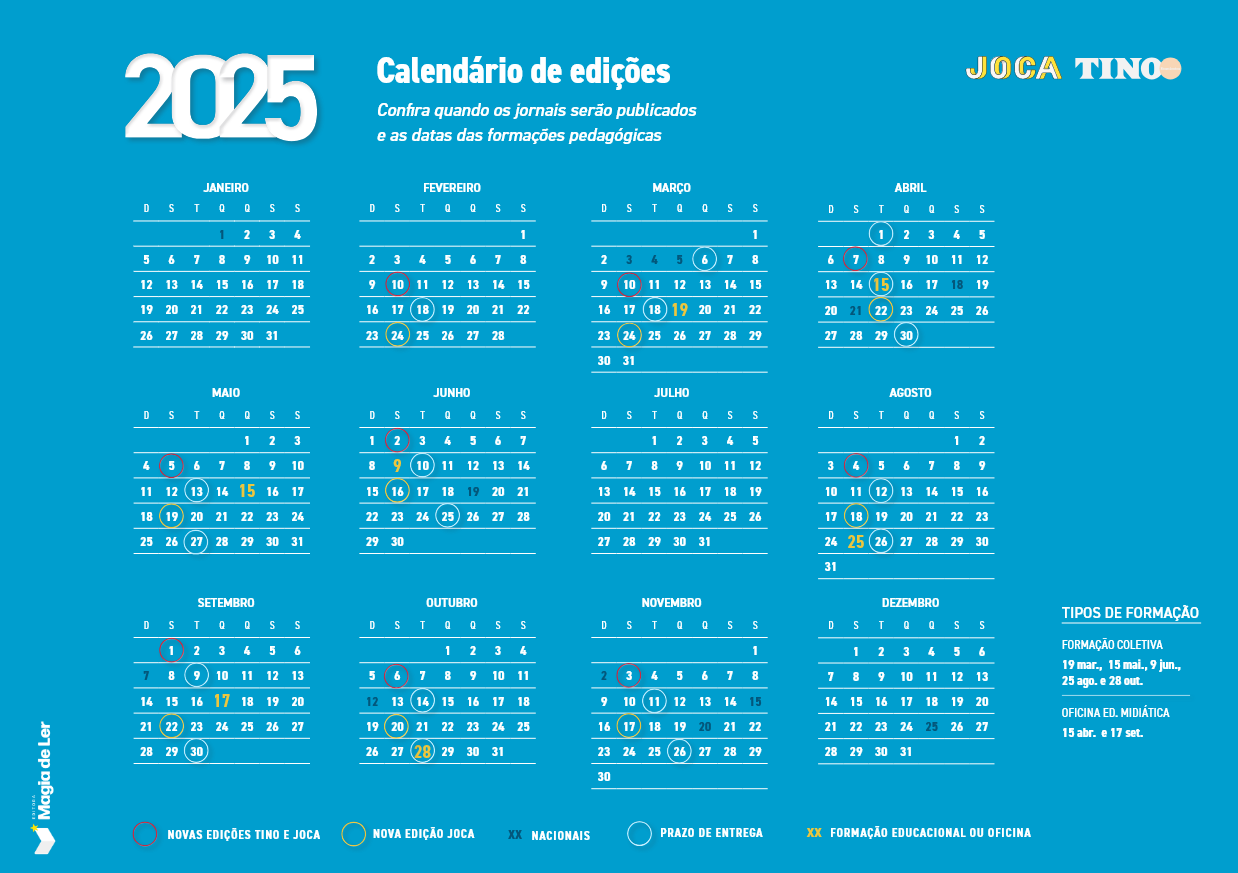




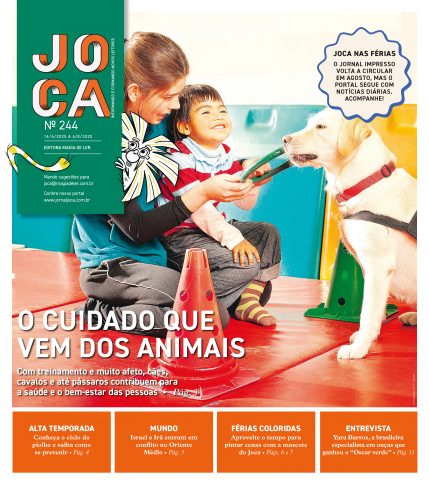

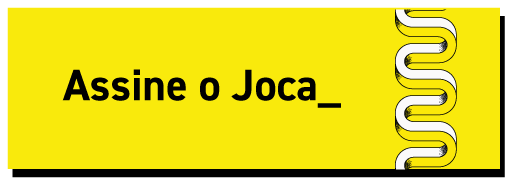

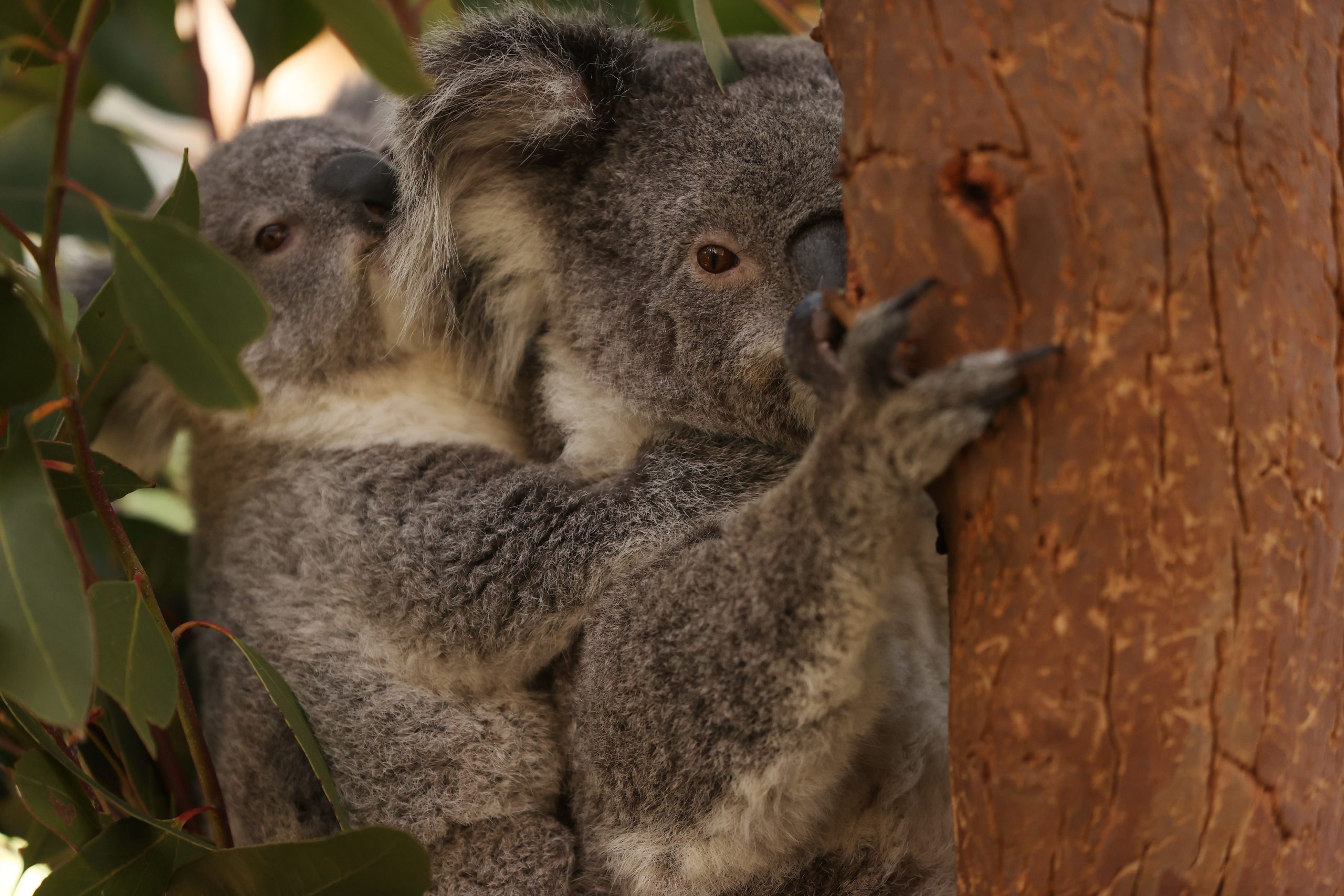
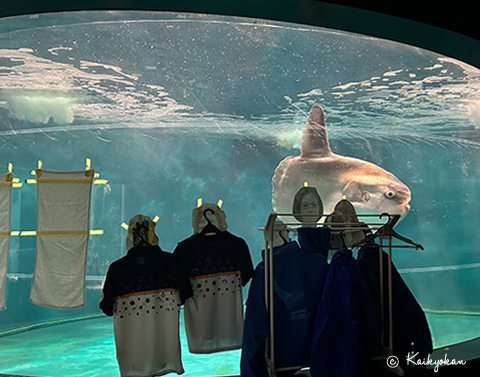
Você precisa fazer o login para publicar um comentário.